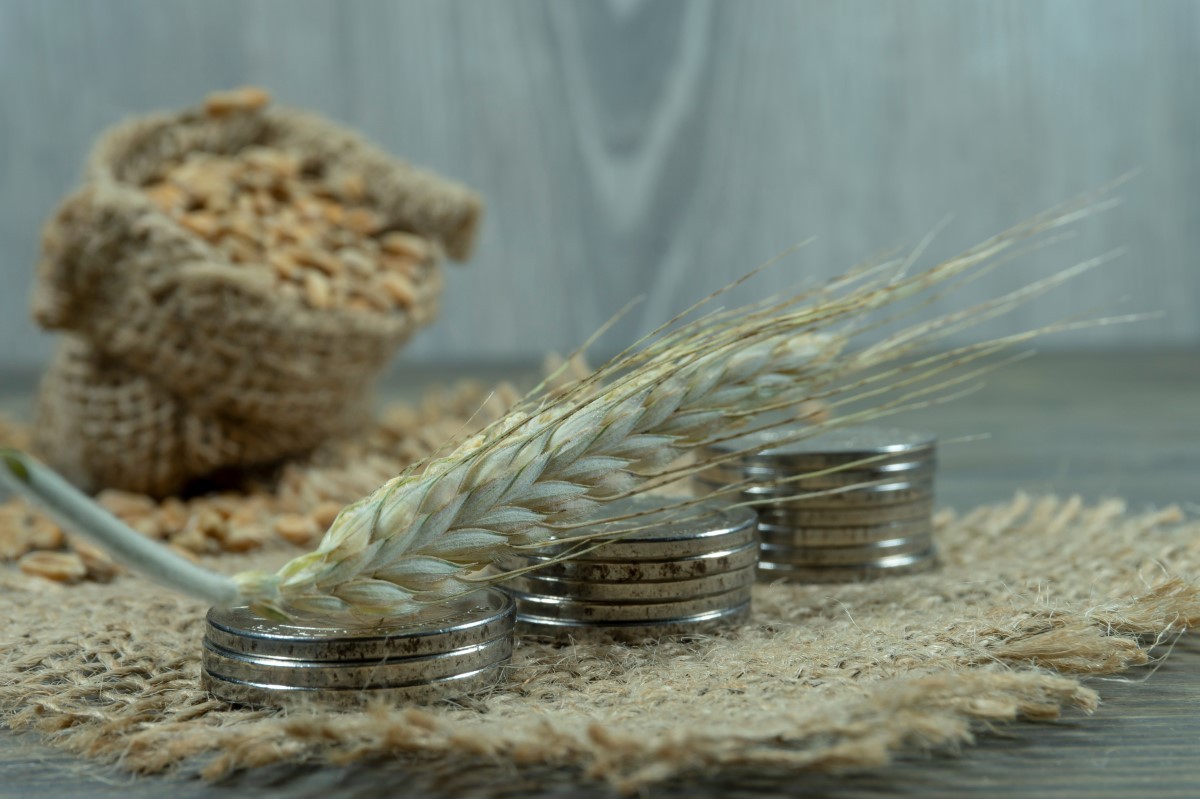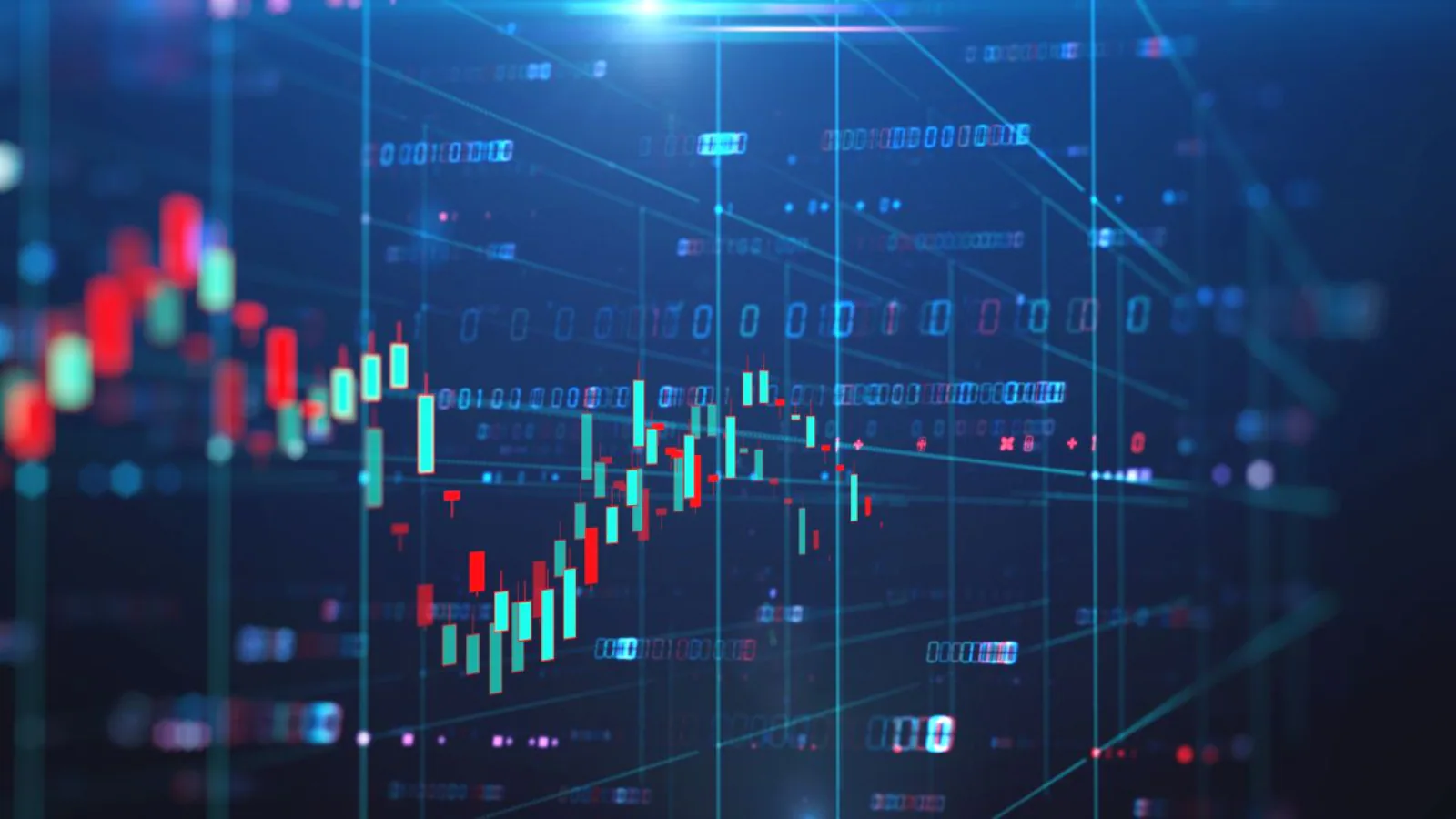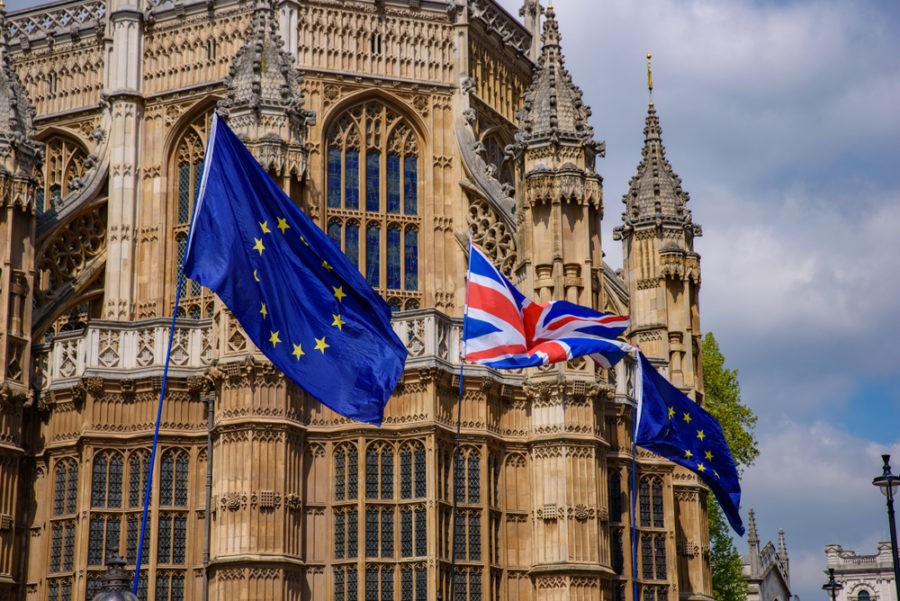According to Tuesday’s data, Japan’s core consumer price gained 0.2% in June from the same period a year ago. It marked the faster annual gain in over a year.
However, the rise was much smaller than that of other leading economies due to weak consumption. It was largely driven by higher energy costs. Additionally, it is reinforcing expectations the Bank of Japan will be forced to keep its massive stimulus for the time being.
The growth in the core consumer price index (CPI) matched a median market estimate for a 0.2% jump and followed a 0.1% rise in May. It includes oil products and excludes volatile fresh food prices.
The boost was due mostly to a 4.6% surge in energy costs. It is the fastest surge since March 2020. Additionally, gasoline prices increased by 17.9%. Meanwhile, households were facing higher costs of living.
On Monday, the central bank announced that it seems highly likely that the CPI inflation that merely reflects upstream cost rises will spread to other items to only a limited extent. Therefore, it will be only transitory.
As we know, some countries, such as the United States and the United Kingdom, witnessed faster increasing inflation than anticipated. The reason for it is the demand, which is sharply recovering from the COVID-19 pandemic. Moreover, this is triggering debates on how quickly they should ease their economies stimulus.
The BoJ is likely to lag well behind its counterparts in easing its monetary support
As we know, Japan’s inflation is well short of its 2% target. The Bank of Japan is likely to lag well behind its counterparts in easing its massive monetary support to underpin a fragile recovery.
Remarkably, global commodity inflation has lifted wholesale prices in Japan. Meanwhile, consumer prices have barely increased as companies remain cautious about passing on higher costs to households.
The surge in COVID-19 cases pushed the Japan’s government to impose the new state of emergency curbs in the country from Monday through August 22. Remarkably, this is dashing policymakers’ hope for a solid recovery in economic growth in July-September.
In recent quarterly forecasts published on Friday, the Bank of Japan cut its economic growth forecast for the fiscal year ending in March 2022 to 3.8% from 4.0% due in part to the new curbs.
It lifted 2021’s core CPI forecast to 0.6% from 0.1%, largely reflecting the increase from higher energy prices.









COMMENTS